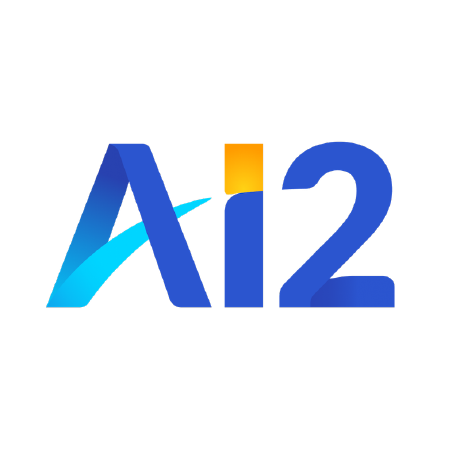Discover and explore top open-source AI tools and projects—updated daily.
OpenKE by  thunlp
thunlp
Open-source toolkit for knowledge graph embedding research
Top 12.0% on SourcePulse
OpenKE is an open-source toolkit for knowledge graph embedding (KGE), offering efficient implementations of various KGE models in PyTorch and TensorFlow. It targets researchers and practitioners in knowledge representation learning, providing a flexible platform for training, evaluating, and deploying KGE models on large-scale knowledge graphs.
How It Works
OpenKE leverages PyTorch for model implementation and Python interfaces, allowing for GPU acceleration. Core operations like data preprocessing and negative sampling are optimized using C++. This hybrid approach balances ease of use with high performance, enabling efficient handling of complex relations and relational paths, notably with its featured TransR and PTransE models.
Quick Start & Requirements
- Install: Clone the
OpenKE-PyTorchbranch and runbash make.shto compile C++ components. - Run: Execute example training scripts like
python train_transe_FB15K237.py. - Prerequisites: PyTorch, C++ compiler.
- Data Format: Requires specific
train2id.txt,entity2id.txt, andrelation2id.txtfiles. - Resources: Official website: http://openke.thunlp.org/
Highlighted Details
- Supports a wide range of KGE models including TransE, TransH, TransR, TransD, DistMult, ComplEx, RotatE, and others.
- Provides C++ inference implementations (Fast-TransX) for enhanced efficiency.
- Includes evaluation metrics like Hits@k, MR, and MRR, with support for filtered settings and type constraints.
- Offers pre-trained embeddings for large-scale knowledge graphs like Wikidata, Freebase, and XLORE.
Maintenance & Community
The project is primarily contributed by researchers from THU, including Xu Han, Yankai Lin, and Zhiyuan Liu. The project is part of the larger OpenSKL initiative.
Licensing & Compatibility
The toolkit itself is available under a permissive license, while pre-trained embeddings are provided under the MIT license. This generally allows for commercial use and integration with closed-source applications.
Limitations & Caveats
The README mentions TensorFlow 1.0 support, which is now deprecated. While PyTorch is the primary focus, users might need to manage dependencies for older TensorFlow versions if using those specific repositories.
2 years ago
1 week

 tomgrek
tomgrek INK-USC
INK-USC allenai
allenai DataArcTech
DataArcTech HKUST-KnowComp
HKUST-KnowComp AuvaLab
AuvaLab atcbosselut
atcbosselut heathersherry
heathersherry LIANGKE23
LIANGKE23 neo4j
neo4j xerrors
xerrors